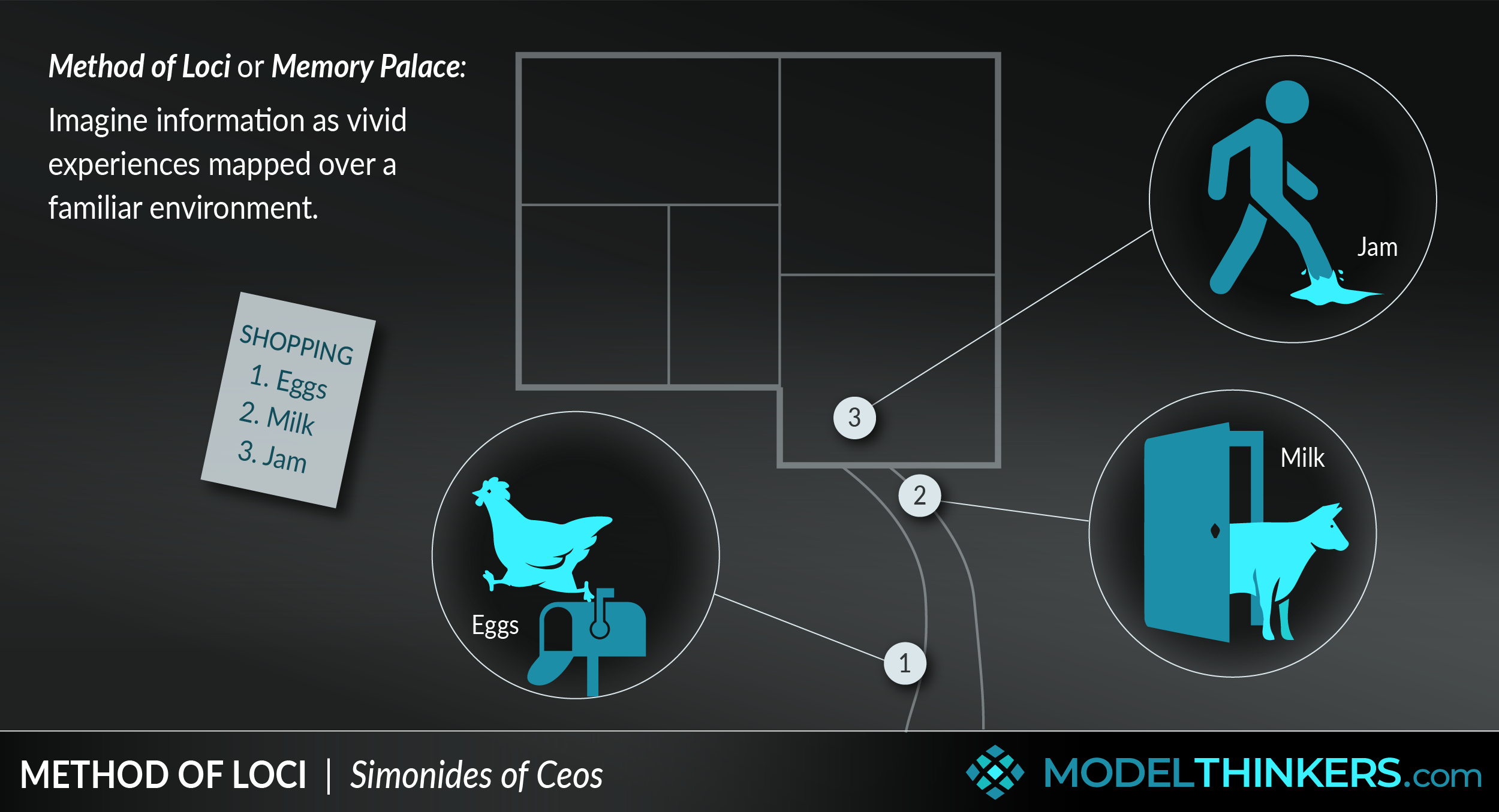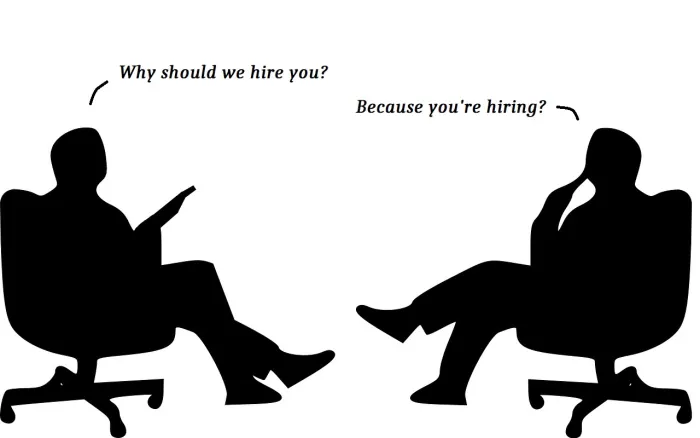Just this morning I saw an article in a German newspaper around how to become more quick-witted. How teutonic, I thought, and, here we go again - I have been seeing this topic come up so many times befoe.
Why do I think that being quick-witted is so particularly important to German-speaking (or Teutonic) people? Well, when I searched for it in English, I landed on German native speakers selling their skills in English. But with all joking aside:
I have been asked this question quite a bit in my past as a facilitator - how can I become more quick-witted. And I cannot count the occasions when as a kid, I returned home from school and told my mum about something that happened. She always knew, what the right answer would have been, and we sometimes laughed at the witty things, she suggested. What had been painful to me in the moment turned into something funny. When it came to it, of course, I was never able to think of a good, spontaneous answer and would typically blame myself for not being wittier.
If you are interested in the Intercultural part here: I was saying Teutonic earlier, not German, because of Johan Galtung's essay on intellectual styles. He stays away from culture in a singular or defining culture by nation. Instead he looks at intellectual styles as they are formed in higher education (since intellectuals are thrilled by what other intellectuals do). He characterizes the Teutonic style with a great pyramid: One solid construct of thought that will encomprise everything that needs explanation. If you are shocked by the number of nouns that I just used, you are probably not close to the teutonic style. Using nouns instead of verbs is one of the characteristics of the teutonic style.
If we come back to being witty again: As a kid, I felt that a truly witty answer would leave everyone else gasping for words. It would be the great pyramid, if you like, that leaves nothing unanswered.
Ok, Alice, you may think, this may be teutonic, but still - why can't I be more quick witted? Let me ask you back: What does it mean to you to be witty and why do you want it?
I have found, first of all, that a lot of people, who wanted to be more quick-witted were truly scared of being spontaneous. They were censoring themselves pretty scrutinously, trying to put their best self forward all the time. We all censor ourselves, because of social norms. Words related to death or sexuality are typically the ones we all try to keep to ourselves. But if we are overly conscious of ourselves - I think you already know what I am getting at. That is when you get into these conversations of fake smiles and too much nodding, where time never runs fast enough. So the first thing is to be OK with being not OK. If you feel like you need to fake a smile ask yourself why? And if you are OK with not faking a smile, you have made the first big step.
Secondly, as a kid, I found the situations calling for more wit typically pretty horrifying for my existance. Remember, as long as you find yourself in danger, your brain goes into the basic reactions of flight, fight or freeze. These are produced by the amygdala and your prefrontal cortex is blizzed out. What you can do against it is actively counting a few numbers, or reflecting on your triggers before or after a situation. Gaining a few miliseconds may be enough to get you out of pure reaction and into operation mode.
The third thing is that people, who think they are not witty, often underestimate themselves. Being spontaneous means that you voice the first thing that comes to your mind. How many times have I seen people make excuses, saying it was a stupid idea, just average, anyone would think of this - only to see them astonished at a training group laughing out loud, once they managed to voice this first thing, finally. The beautiful thing is that everyone of use has a unique build - be it DNA, upbringing or whatever experience. Once training participants managed to embrace this idea, the question of quick-wittedness moved towards the back. And the beautiful thing is that when it moves to the back, individual potential comes to the front.
Sounds nice, but...?
If this is too fluffy for you, you can try this brain exercise. It is called the Magic Shop and is used in Psychodrama. You can get whatever you want in this shop, but you need to trade something in that is of equal value. Finding something that is equally important to you as the thing you want is sometimes hard. It may be even harder to accept that you need to give it away. However, if you find it and you get to trading it in, it can operate like a key to unlock your potential.
Still not what you are looking for? Get to the contact page and let me know your thoughts. I will try my best to answer.






